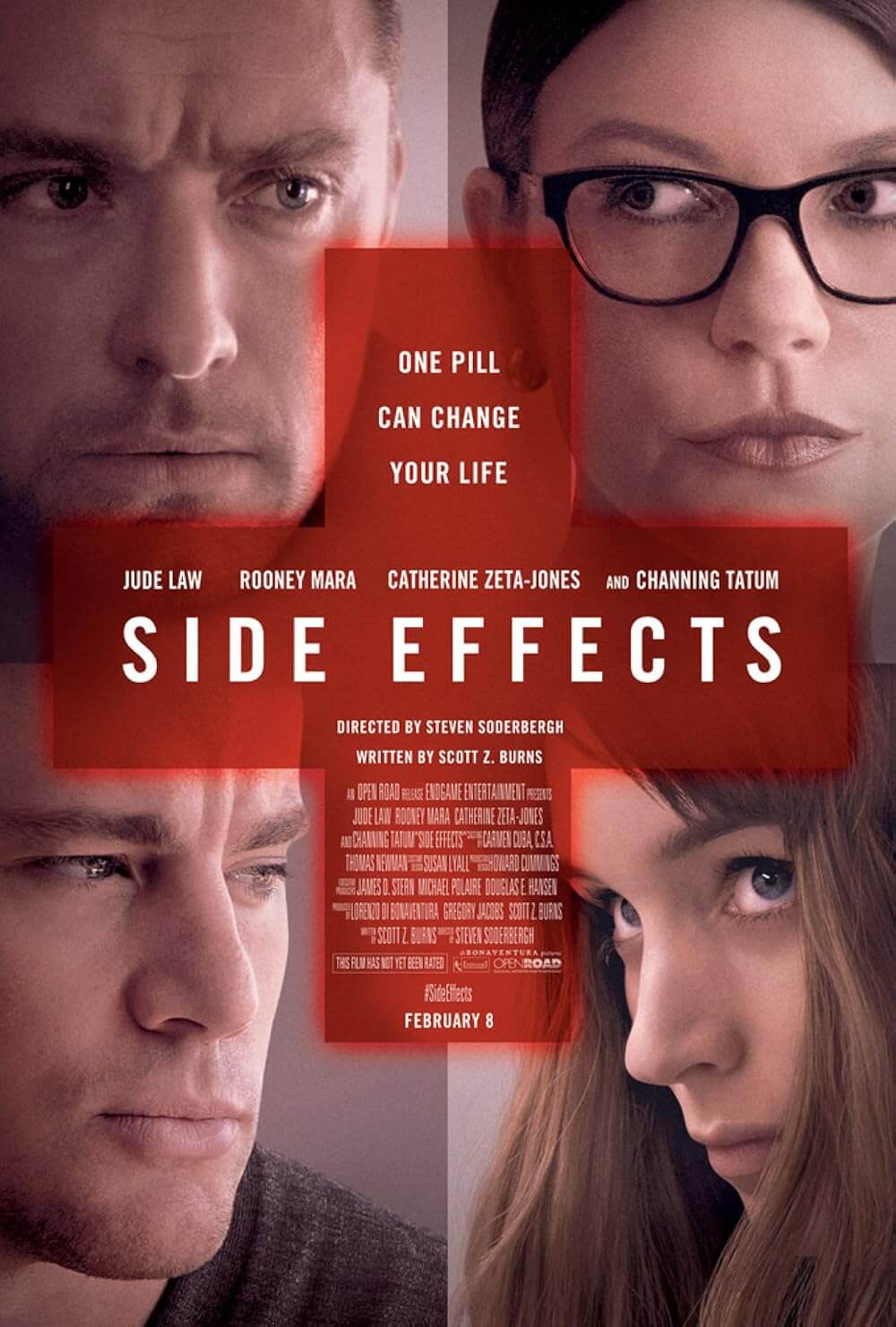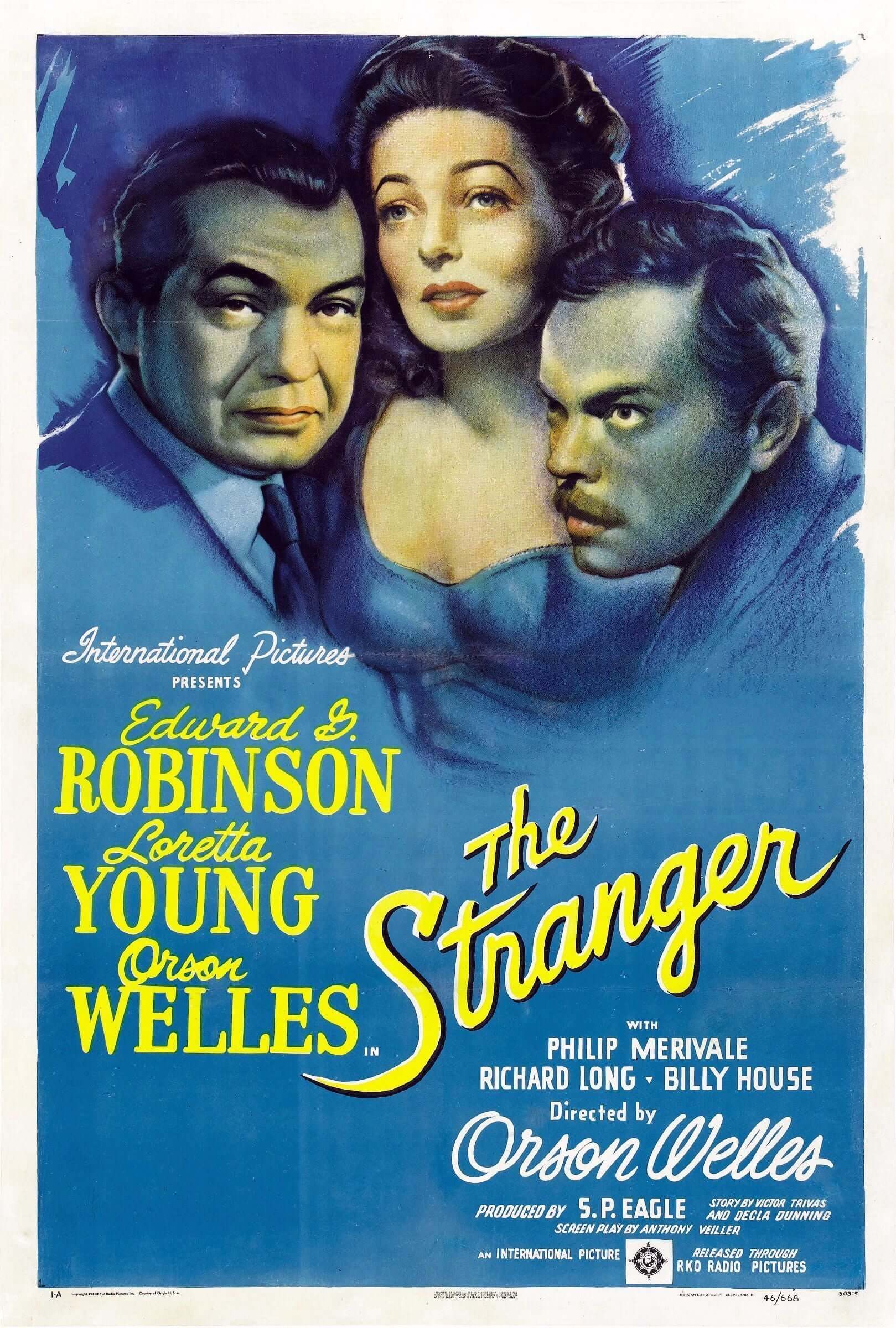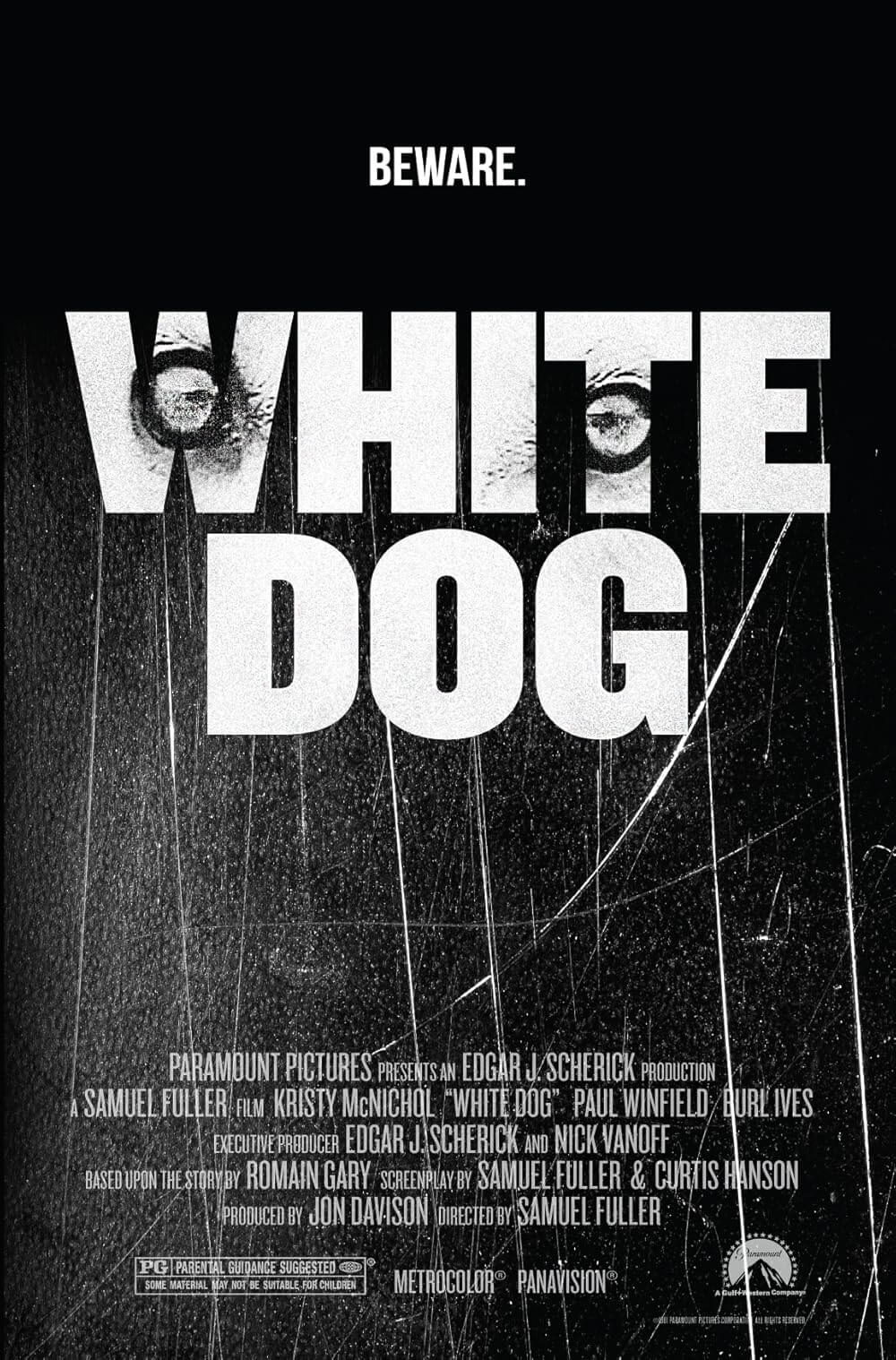
The International
By Brian Eggert |
The International makes a strong case for cashing out your accounts and storing your savings inside a mattress. But if your financial institution is anything like the one depicted in the movie, chances are a sniper would take you out before you reached the teller’s counter. Taking a cue from our current economic predicament, the movie presents a bank as its shady villain. And since banks aren’t exactly middle-class America’s best friend at the moment, the gimmick is agreeable enough for some mild diversion.
This yarn is about the International Bank of Business and Credit, which has locations all over the world, their hands in every deep pocket imaginable, most of them with ties to the mob and warring governments. However corrupt this bank may be, proving their crimes and convicting them is another matter. Interpol agent Louis Salinger (Clive Owen) and Manhattan Assistant District Attorney Eleanor Whitman (Naomi Watts) have investigated the bank for years and consistently reach one dead end after another: An informant ends up killed in an “accidental” car wreck, bloodwork on an investigator’s mysterious “heart attack” shows small amounts of cyanide, but not enough to conclude that he was poisoned, etc.
Heading the IBBC are goons in suits who take themselves very seriously. Euro-trash Jonas Skarssen (Ulrich Thomsen) and former communist general Wilhelm Wexler (Armin Mueller-Stahl) broker weapons deals and reap the benefits when their customers are left with mounds of post-conflict debt. Meanwhile, Salinger and Whitman grow increasingly frustrated since the bank’s chief assassin, known only as The Consultant (Brian F. O’Byrne), quiets any potential leaks.
The majority of the movie follows a trail of clues, leading up to a climactic scene which is not the climax at all. A massive and exciting shootout at the Guggenheim Museum offers a natural explosive finish to the movie’s building tension. The museum’s iconic appearance makes for a crescendo worthy of Alfred Hitchcock. Indeed, Hitch loved to set the pinnacle of his films at recognizable sites, such as The Statue of Liberty in Sabotage, and Mount Rushmore in North By Northwest. A circular set was recreated to double the actual museum. White walls, the screams of bystanders echoing, and new media art flashing in the background compliment the potency of this sequence, what should have been the movie’s resolution. But afterwards, the chase continues on, leading to a rather anticlimactic finale.
Director Tom Tykwer (Run Lola Run and Perfume: The Story of a Murderer) lends the picture a polished, corporate blandness complete with dreary colors and a brooding tone reminiscent of Michael Clayton, even if there isn’t much substance to brood over. Individual characters have little meaning next to the institution they’re attempting to thwart. Take Watts, whose bravado acting prowess in Eastern Promises and Funny Games advances her far beyond her pithy supporting role. She does little more than follow Owen’s character around, never getting the chance to flex those acting muscles of hers, leaving her reduced to uttering familiar jurisdictional jargon. On the other hand, Owen elevates this material because his good looks, James Bond coolness, and eloquent yet rough voice contain severe charisma. While Owen has signed his name to humdrum thrillers before, Watts’ presence demands us to question if the script is good enough for her. Decidedly not.
The problem some viewers may have with the film is that it’s being advertised as an actionized take-matters-into-your-own-hands flick, when the reality of the story is rather an engaging thriller about exposing corruption. Aside from the exciting shootout in the Guggenheim, the movie concentrates more on building a case against a mega-conglomerate bank, which in our economic climate presents welcomed catharsis. Is your bank giving you gruff because you’re having trouble with your mortgage? Well, what if your loan officer was as corrupt as the moneyed goons in this film? Bankers are often villains in movies, though not always to this extreme. We find their detachment from humanity and devotion to numbers appalling, so why not demonize them? After all, if they were supporting wars through secretive arms deals, you’d be vindicated in your feelings then, wouldn’t you?
The International is an occasionally cartoonish gut shot at the banking industry, its heroes white as white and its villains black as black. The blows aren’t too rough, however, since the movie was released by Columbia Pictures, which is owned by the little Mom ‘N’ Pop business called Sony, which likely has no intention of condemning big business. Perhaps that’s why the more plausible elements of the film are passed over for action, barely feeding our hunger to see a corrupt bank receive its just deserts. Shyly engrossing, it’s an enjoyable, if simplified, escape given weight by its tone and the actors supporting it. Without those underpinnings, the whole arrangement would probably crumble.

Thank You for Supporting Independent Film Criticism
If the work on DFR has added something meaningful to your love of movies, please consider supporting it.
Here are a few ways to show your support: make a one-time donation, join DFR’s Patreon for access to exclusive writing, or show your support in other ways.
Your contribution helps keep this site running independently. However you choose to support the site, please know that it’s appreciated.
Thank you for reading, and for making this work possible.
Brian Eggert | Critic, Founder
Deep Focus Review







